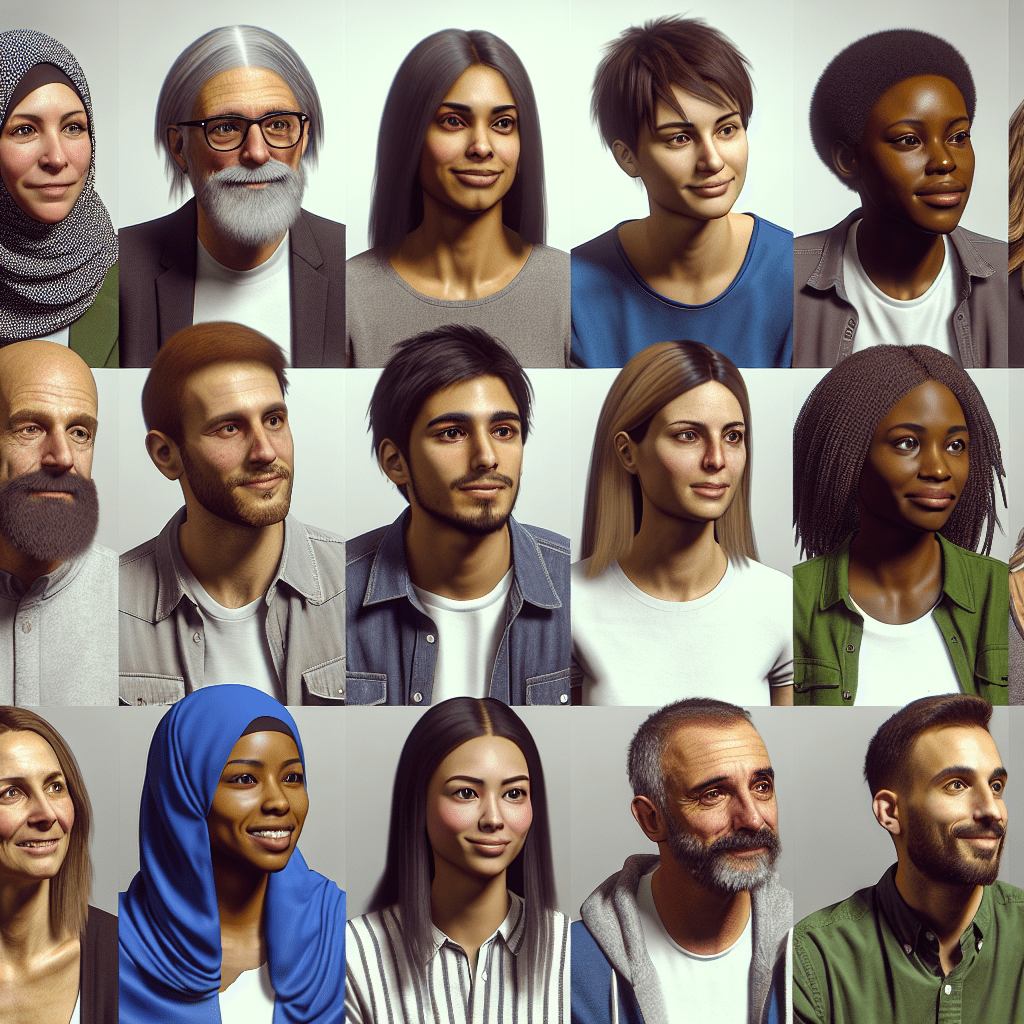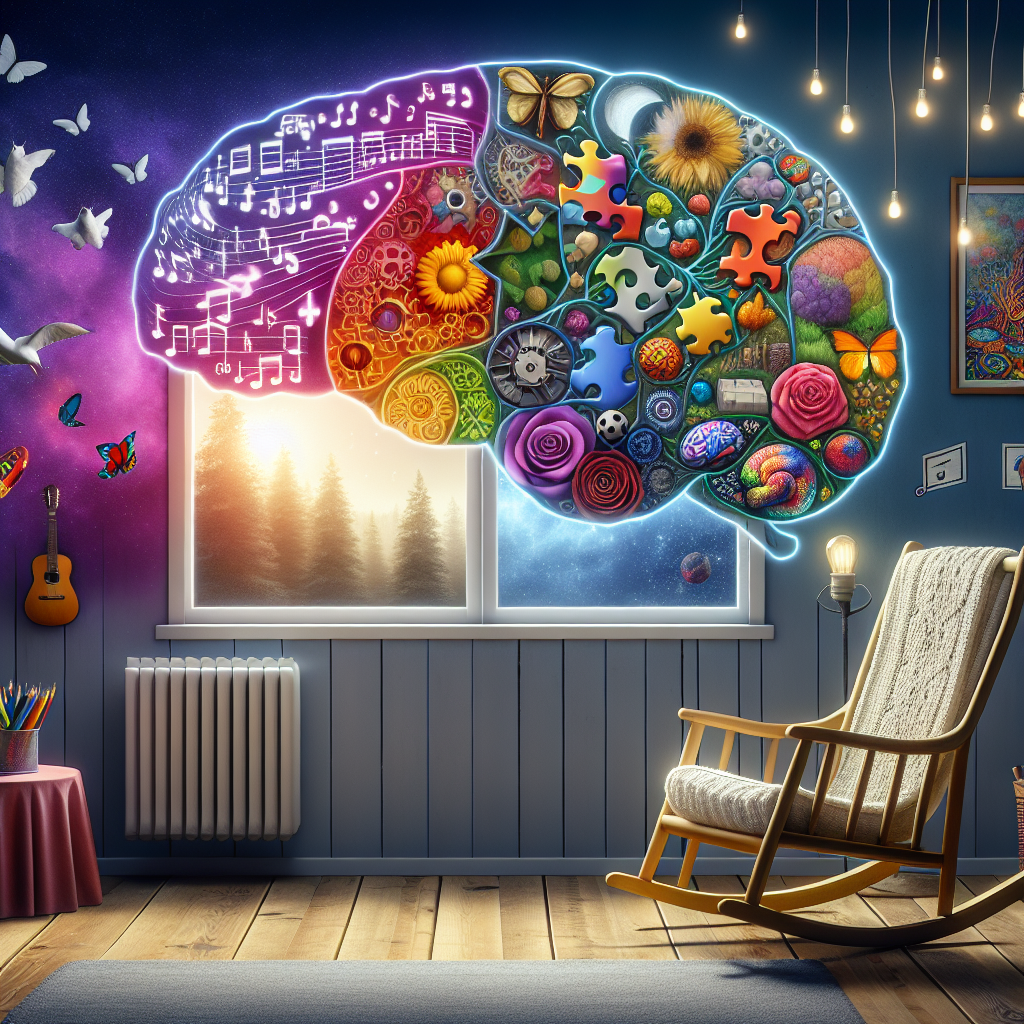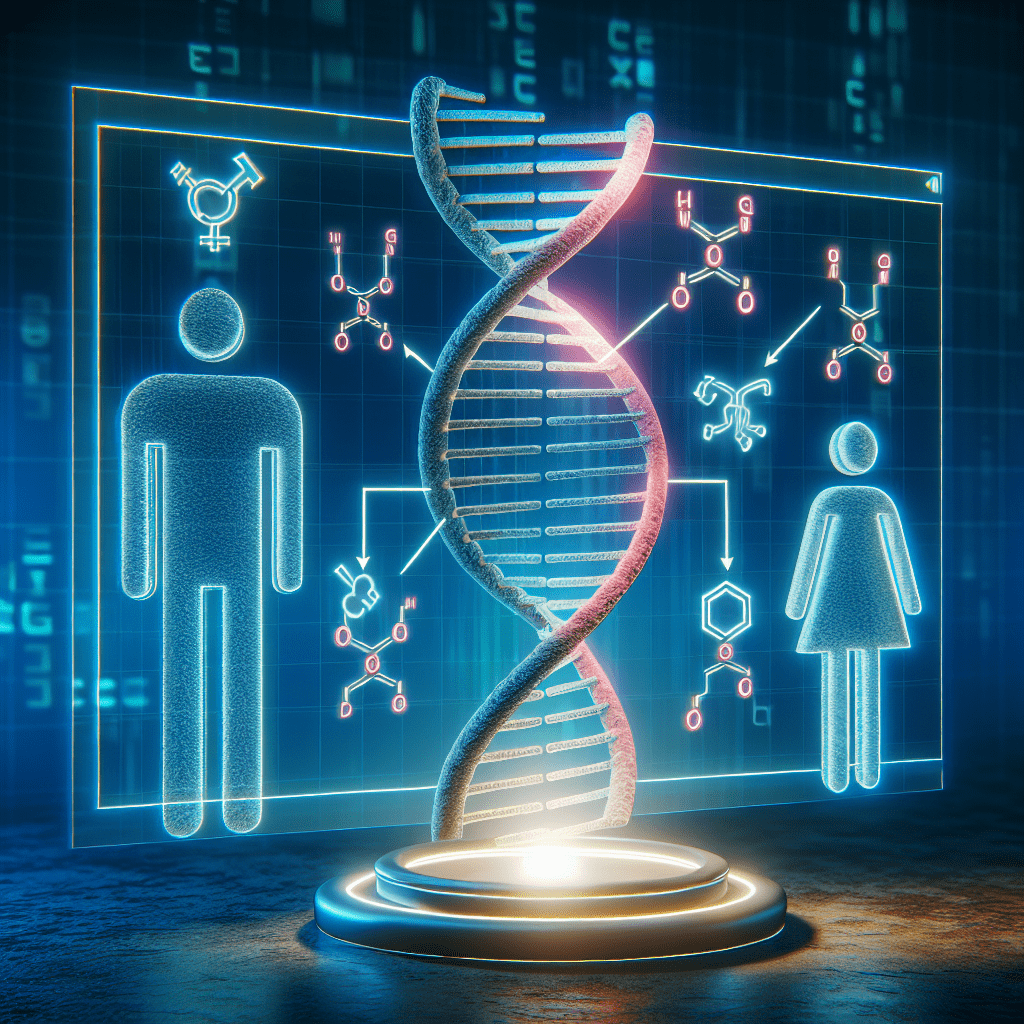Do Autistic People Have Empathy? Exploring the Myths and Realities
Do autistic people have empathy? This question has sparked endless discussions among researchers, families, and individuals on the autism spectrum. Many misconceptions exist about autism, particularly the stereotype that autistic individuals lack empathy. But is this true? In this detailed exploration, we’ll dig deep into the multifaceted nature of empathy in autistic individuals, aiming to provide clarity, debunk myths, and understand the varying expressions of empathy among people on the spectrum. By examining scientific studies, personal testimonies, and expert opinions, we hope to paint an accurate picture of how empathy manifests in autistic people.
Understanding Empathy: A Complex Emotion
Before jumping straight into whether autistic people have empathy, let’s break down what empathy truly means. Empathy encompasses the ability to understand and share the feelings of others. It’s a vital component of human relationships, allowing us to connect, comfort, and support one another. However, empathy can be split into two main types: cognitive empathy (the ability to understand another’s perspective) and emotional empathy (the ability to share and feel another’s emotional state).
For many, navigating social cues and emotional contexts is common practice. However, for autistic individuals, these facets can be more challenging. This doesn’t mean they lack empathy; rather, they might express it differently or experience difficulty in understanding the nuances of social interactions.
Research indicates that many autistic individuals possess emotional empathy but may struggle with cognitive empathy. They might feel deeply for others but find it difficult to articulate those feelings or understand social expectations. For example, during an emotional conversation, an autistic person may keenly feel the sadness of their friend but struggle to interpret social cues that navigate through a conversation. This difference in perception does not reflect an absence of empathy; it reflects a variation in empathetic experiences.
Furthermore, empathy, much like other human experiences, is not binary—people exist on a spectrum of emotional and cognitive abilities. Neurodivergent individuals can have rich emotional lives filled with connections, even if outward expressions may differ from neurotypical behavior.
Do Autistic People Have Emotional Empathy?
When exploring the question, “Do autistic people have empathy?” it is important to consider emotional empathy specifically. Numerous studies posit that the capacity for emotional empathy often remains intact in autistic individuals. For instance, a study published in the Journal of Autism and Developmental Disorders in 2012 found that many autistic participants demonstrated a high degree of emotional empathy despite their challenges in social interactions.
Emotional empathy involves resonating with the feelings and distress of others, a quality that many autistic individuals exhibit. They may experience intense feelings of compassion and concern for friends, family, and even strangers. This deep emotional insight does allow for genuine connections. For instance, an autistic person may be the first to notice when someone is upset or in distress, causing them to offer comfort or support. Yet their expressions of empathy might not align with what society typically considers “normal.”
It’s vital to realize that how empathy is expressed can vary greatly among individuals. Autistic individuals might not respond in expected ways—like hugging during a tough moment—but this doesn’t negate their feelings. Instead, it offers a unique glimpse into the perceptions they hold. Autistic people may show their empathy through small gestures rather than grand displays, further highlighting their internal emotional landscapes.
Moreover, context plays a significant role in empathy expression. An autistic person may struggle in a crowded or overstimulating environment, impacting their ability to express empathy effectively. Situational dynamics can shift how emotional responses manifest. However, at the core, many autistic individuals do have emotional empathy, allowing for meaningful relationships and interactions.
The Intersection of Cognitive Empathy and Autism
Moving on, do autistic people have cognitive empathy? The answer is more nuanced. Cognitive empathy is the mental process of understanding another person’s emotional state or perspective. While many autistic individuals experience difficulty in interpreting social cues and the mental states of others, this doesn’t imply they lack cognitive empathy altogether. Some may excel in understanding perspectives within structured environments like academic settings or discussions about specific topics.
Research highlights that cognitive empathy isn’t entirely absent; it may just manifest through different means. For example, an autistic person may have challenges reading facial expressions yet can articulate their understanding when prompted. In scenarios where logical reasoning is applied, their cognitive empathy may shine. Cognitive empathy allows individuals to engage in empathy through analytical means rather than intuitive leaps. Since the brain processes information differently, autistic individuals may analyze social interactions systematically rather than intuitively. This unique perspective can provide a fresh angle on problems and emotional situations.
It’s essential to contextualize this conversation within neurodiversity. Neurodivinity promotes the understanding that variations in cognitive processing are natural and valued. This ideology underscores the importance of recognizing different ways in which empathy is expressed and understood, highlighting both the strengths and challenges faced by autistic individuals.
For example, research published in the journal Autism in 2015 highlighted that, while autistic participants may perform lower on traditional cognitive empathy assessments, their ability to employ logic and reasoning often compensates for this. The ability to understand complex social situations may not be evident but can be present in alternative forms.
As society becomes increasingly aware of neurodiversity, the focus on how empathy varies rather than adheres to societal norms is crucial. Understanding cognitive empathy in autistic individuals leads to a more inclusive society—one that appreciates diverse perspectives, responses, and emotional expressions.
Common Misconceptions About Empathy in Autism
Addressing the question, “Do autistic people have empathy?” necessitates debunking some prevalent myths surrounding autism and empathy. Many people may still believe autistic individuals are cold or indifferent due to their different methods of communication and social interaction. Such stereotypes can perpetuate harmful stigmas, so it’s essential to shine a light on the truth.
First and foremost, it’s crucial to distinguish between lack of empathy and differences in expression. Autistic individuals may express empathy in ways that are less recognizable or relatable to neurotypicals. Rather than dismissing their emotive capabilities, acknowledging and understanding their unique expressions fosters deeper connections and empathy.
Moreover, some believe that autistic people are incapable of feeling empathy due to their challenges with social perception and interactions. This misconception is further compounded by witnessing an autistic individual struggle with emotional situations without realizing they may be feeling those emotions intensely but reacting differently. It’s vital to understand that experiencing and expressing emotions can exist on separate planes.
This misunderstanding can lead to underestimating the bond an autistic person can form with loved ones. Relationships exist despite behavioral differences. Emotionally attuned family members may recognize and appreciate these connection methods, fostering a more profound and loving relationship. Promoting awareness and education can dismantle these misconceptions, creating a compassionate environment where neurodivergent individuals feel understood rather than judged.
Empathy in Autistic Relationships
It’s also essential to consider how empathy impacts relationships for individuals on the spectrum. Understanding that emotional and cognitive empathy might diverge can significantly influence interpersonal connections. Building relationships that hinge on genuine understanding requires effort from both parties.
For autistic individuals, relationships can sometimes feel like learning a new language. They might not intuitively grasp social norms that neurotypical individuals take for granted. However, this does not mean they aren’t capable of forming strong, meaningful connections. Many autistic people form deep emotional bonds with friends, family, and partners, showcasing a profound level of attachment.
Venturing into relationships can present distinct challenges for autistic individuals. For instance, a neurotypical partner may express concern when their autistic partner struggles with articulation or social settings, mistaking this for a lack of interest or care. The reality is that the emotional investment may be present, but the translation may be complex.
Encouraging open dialogues in relationships can lead to richer interactions. When partners openly discuss their emotional processing styles and concerns, it can bridge understanding. Techniques like verbal affirmations, routine check-ins, or even visual supports can enhance emotional sharing, fostering smoother communication channels.
Additionally, communities are increasingly recognizing the need for relational support and resources for autistic individuals and their partners. Workshops, counseling, and peer support groups can offer productive spaces where struggles and successes are shared, leading to growth and understanding in relationships. By emphasizing that empathy in relationships can thrive in various expressions, we cultivate environments where all emotional experiences are validated.
Cultivating Empathy and Understanding in Society
As we’ve explored the layers of empathy in autistic individuals, the responsibility now lies on society to cultivate understanding and compassion. Recognizing the diversity of empathetic connections can enhance social environments, workplaces, and educational systems. Educating people about the nuances and variations in empathy promotes a culture of inclusivity and respect.
Schools play a pivotal role in shaping understanding from a young age. By incorporating autism awareness into educational curricula, children can learn about neurodiversity and empathy’s varied expressions. Creating safe spaces for discussion and interaction allows children to ask questions and learn about differences, fostering friendship and acceptance among peers.
Beyond schools, workplaces must also embrace diversity and recognize the strengths that neurodiverse individuals bring to teams. For example, companies that have adopted policies promoting inclusivity and awareness often find an increase in creativity and innovative thinking within their teams. Acknowledging that empathetic relationships can manifest differently can build cooperative work cultures where every voice is valued.
Even broader societal initiatives can lead to constructive change. Public campaigns advocating for neurodiversity can challenge stereotypes, encouraging everyone to recognize the magic of diverse connections. Media representation also plays a vital role; inclusive storytelling showcases the many dimensions of autism helps pave the way for authentic acceptance.
In essence, understanding the complexities around the question, “Do autistic people have empathy?” invites us, as a society, to embrace all forms of connection. Every individual, regardless of their neurotype, deserves to have their experiences acknowledged and valued. Awareness of these differences allows us to forge more profound connections, creating a world where empathy thrives.
Conclusion
In closing, the exploration of whether autistic individuals have empathy reveals a rich and textured landscape. Empathy manifests differently across the spectrum, enabling autistic individuals to have profound emotional connections, even if their expressions of empathy aren’t conventional. Challenging stereotypes and understanding emotional and cognitive empathy is key to fostering acceptance and inclusion for autistic individuals. So, the next time the question arises, “Do autistic people have empathy?” the answer is a definitive ‘yes’—but let’s ensure we recognize and celebrate the unique ways they show it.
As a society, it’s our duty to create environments where every individual, regardless of their neurological makeup, can express themselves authentically and openly. Let’s continue to learn, understand, and cultivate empathy in all its beautiful forms.
FAQs
1. Are autistic people incapable of feeling empathy?
No, autistic individuals can feel empathy, though their expression of it may differ from neurotypical individuals. Many on the spectrum show strong emotional empathy.
2. How does emotional empathy manifest in autistic individuals?
Emotional empathy in autistic people may be expressed through deep emotional connections, care for others, and concern, albeit not always in expected ways.
3. Can autistic people understand other people’s perspectives?
While some autistic individuals may struggle with cognitive empathy, many can understand perspectives, particularly in structured scenarios or with clear communication.
4. How can I support an autistic individual in understanding social cues?
Open communication, patience, and tailored social skills training can help autistic individuals navigate social environments and develop a better understanding of social cues.
5. What role does society play in promoting understanding of autism and empathy?
Society can foster understanding through education, awareness campaigns, and inclusive representation of autistic people, promoting empathy and acceptance across communities.





